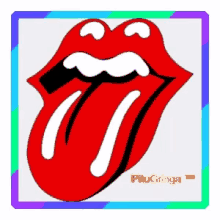
Practically everyone dabbled in drugs at that time." In his memoir Stone Alone, former bassist Bill Wyman wrote that the Exile period was a time of heavy drug use for the band: "Our sessions for the album…marked a very tense time to be around the Stones, and were eventually immensely damaging to the band and practically everyone around us. It featured an "s" on the album cover, but he was referred to as Keith Richard on the discs.Įxile was the Stones' first and only double-album studio recording.Įxile was packaged with a set of postcards that told the comical story of the arrival of Jagger's "Auntie," depicted the band's fall from grace, and ended with guitarist Mick Taylor suggesting an early retirement.Įarly titles for Exile were Eat It and Tropical Diseases. Recorded at Richards's villa in the south of France, Exile continued the mystery of the spelling of the guitarist's surname. The song's success had many around Richards urging him to do a solo album, but he held off until 1988, when he released Talk Is Cheap.

Mick Jagger's backing vocals and the horns were overdubbed later.

The initial sessions for the song were casual, with only Richards, producer Jimmy Miller on drums, and saxophonist Bobby Keys playing percussion. "Happy," a Number 22 hit on the Billboard Hot 100 from the Rolling Stones' Exile On Main Street album, has become singer-guitarist Keith Richards' signature tune. Recorded: Summer 1971 with the Rolling Stones Mobile Unit in Nellcote, Villefranche, France


 0 kommentar(er)
0 kommentar(er)
